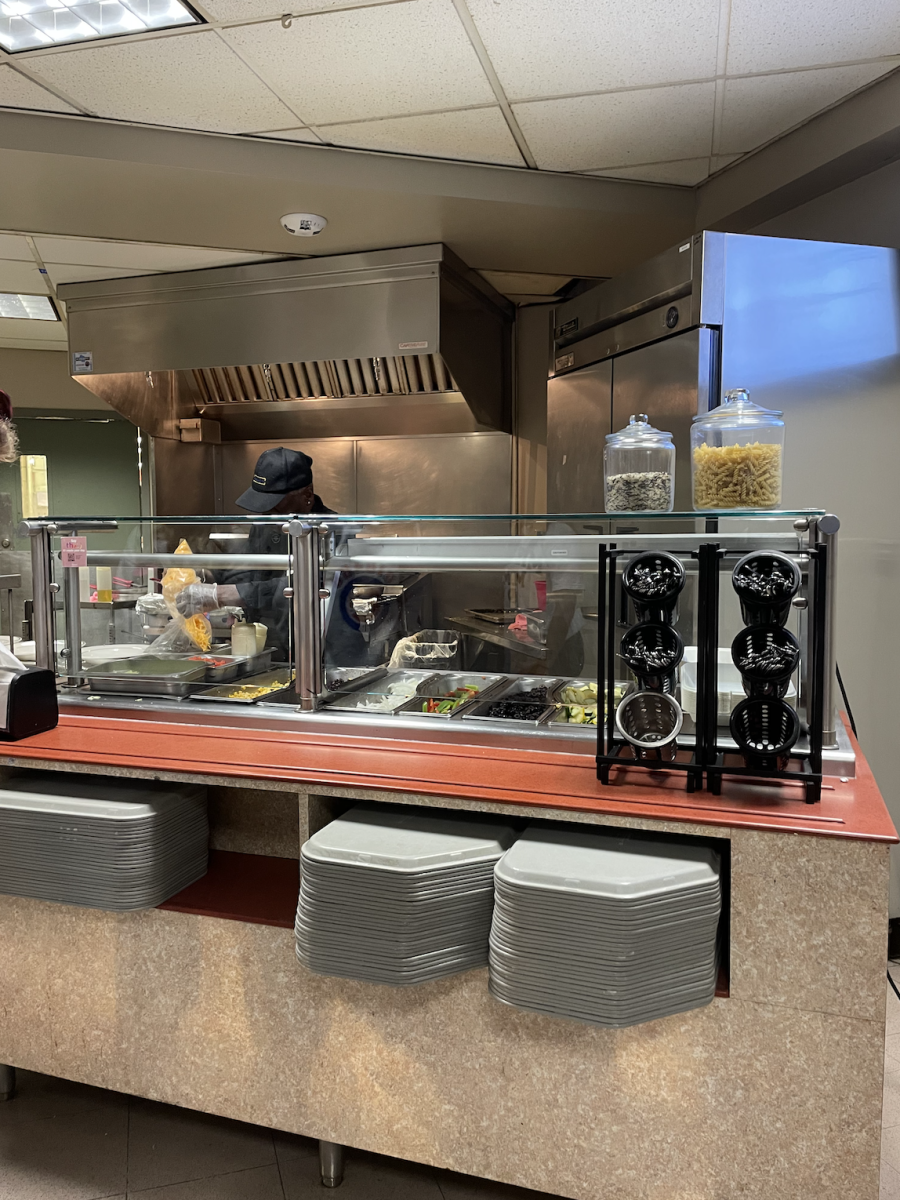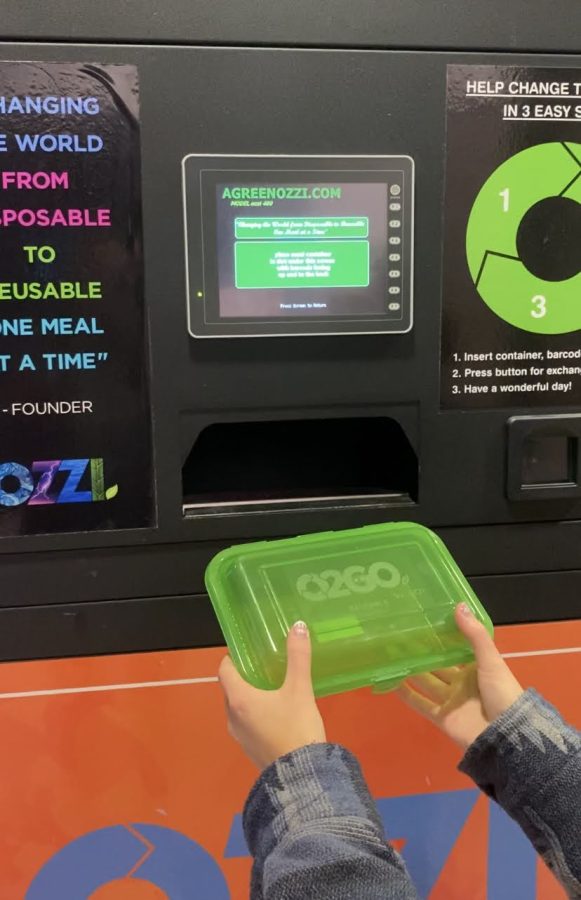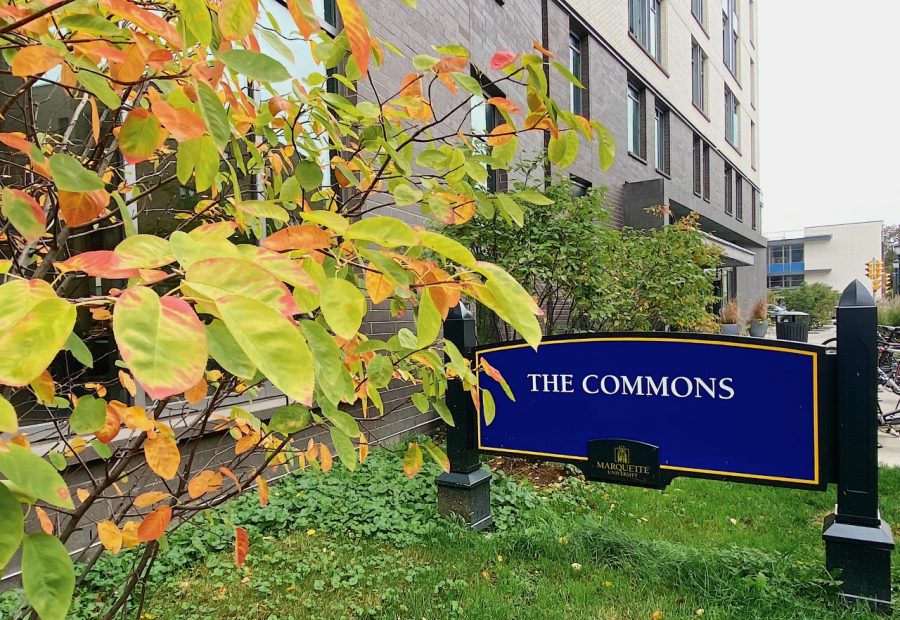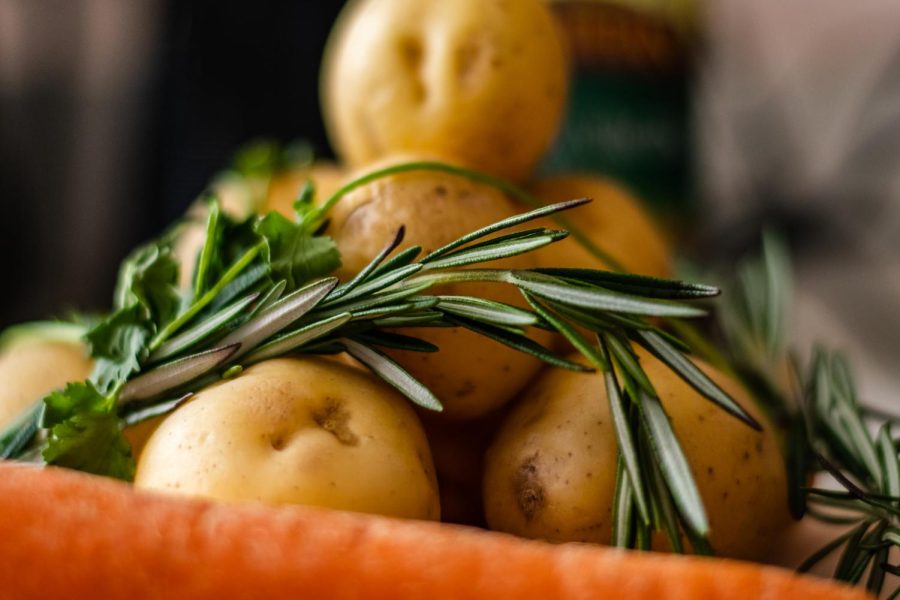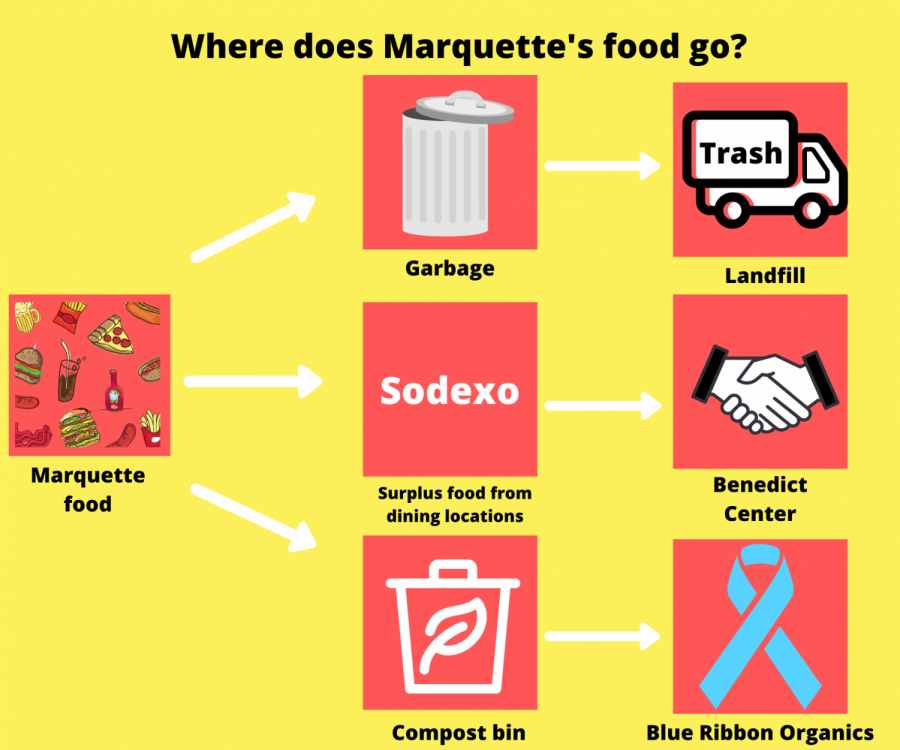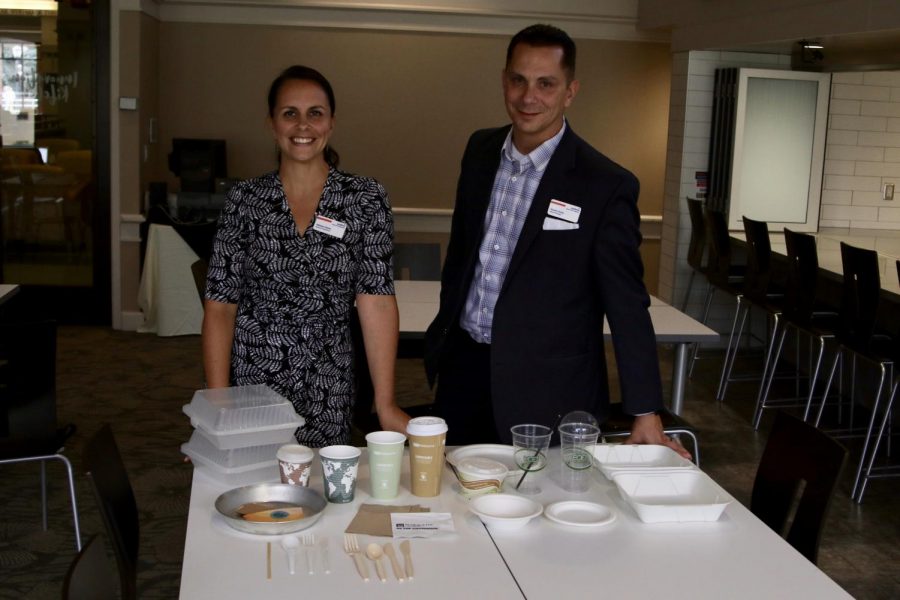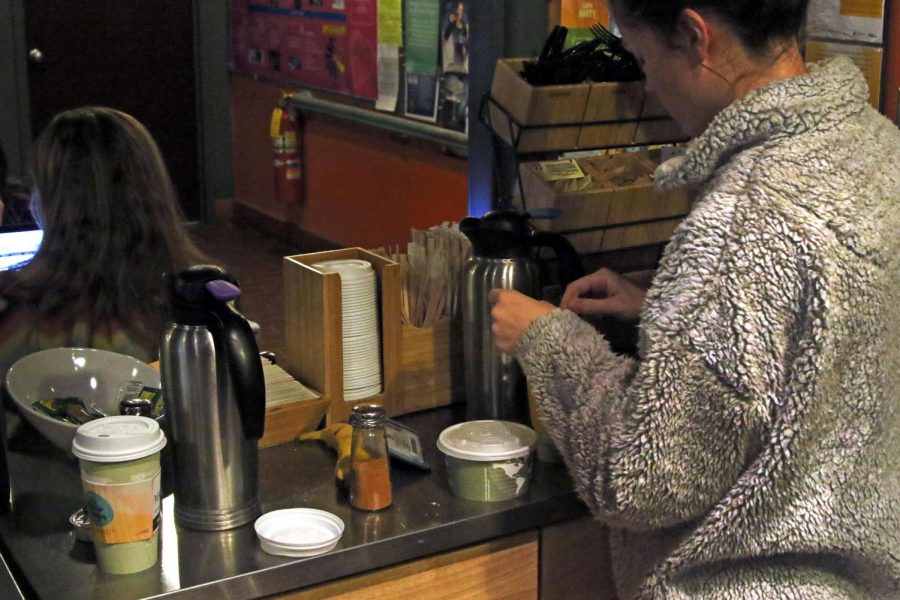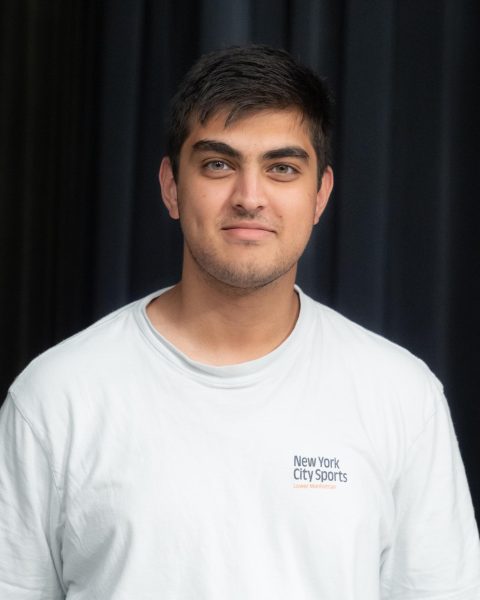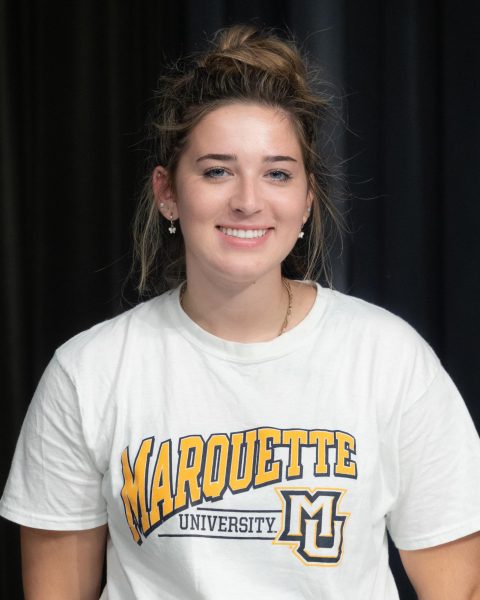Following the introduction of halal options for students on campus during Ramadan this year, Marquette’s Schroeder Hall will be providing halal options to students permanently.
“We were happy to be able to return to providing Halal options last semester as we had done prior to COVID. We are always looking to improve our options and be a resource for the students on campus,” General Manager of Sodexo Melanie Vianes said.
Sameer Ali, a Muslim campus minister, said that they saw success with the initiative from Ramadan this year and it led to more efforts being put in to allow more options for students throughout the semester.
In addition, some students are excited about this new initiative on campus.
“I feel like this is something other schools already have on a permanent level regardless of what is going on, so it is great to see that there are steps being taken to get to the level other universities are operating at to provide an inclusive experience,” Abdallah Qasem, a junior in the College of Health Sciences, said.
Qasem said that he and some of his friends were going to the dining hall and eating food that they did not feel were healthy – mostly because there were no zabiha halal protein options. Now that there are more Muslim-friendly options, he said that they are able to observe their faith while still consuming a more balanced diet.
Halal refers to what is permissible or lawful in Islamic law, encompassing not just food but all aspects of life. Zabiha is the Islamic method of slaughtering animals for consumption, ensuring the animal’s welfare, invoking God’s name and draining the blood.
Haram is the opposite of halal and refers to what is prohibited or forbidden in Islam.
Ali worked with the team at Sodexo to make sure that everything went smoothly and that the correct steps were taken when processing and preparing the food.
“Sameer and Campus Ministry have been great partners to work with. We are excited to continue working with this department on many levels,” Vianes said.
Vianes said that they do not expect to face any challenges in trying to introduce halal options and that the team is using the resources around them to tackle any issues that may arise.
“One of the few hesitancies I know some other Muslim students had was the fact that there could be non-halal meat cooked with halal meat, or at least on the same surface without being cleaned,” Qasem said.
Both Ali and Vianes said that the Sodexo team is aware and have been trained in food preparation in order to make sure students are still able to adhere to their religious practices.
“Training on food preparation is a daily occurrence. We simply follow the food handling and safety resources we have,” Vianes said.
Ali said that there are no initiatives in place to expand these options beyond Schroeder’s dining hall just yet. He hopes to leave behind a legacy beyond just campus with this initiative.
“I hope that the dietary needs of the Muslim students are met, and that they have halal options available,” Ali said.
Qasem said that he hopes for this to continue beyond campus and keep going in the coming years as he begins to see more Muslim students coming to Marquette each year.
“We hope to accomplish and add to our inclusivity efforts in dining as a whole, providing a resource as a partner and service provider and ensuring the students have resources right here on campus in dining,” Vianes said.
Ali said that working with Sodexo has been great and they have been responsive and aware of this need for the student body, and the issues that come up with this new initiative.
“I think this is one way to attract Muslims to come to Marquette,” Qasem said. “It makes not only students, but also parents feel that their child is eating well and observing their faith, without having to bend any rules to just survive.”
This story was written by Uzair Qhavi. He can be reached at uzair.qhavi@marquette.edu.


